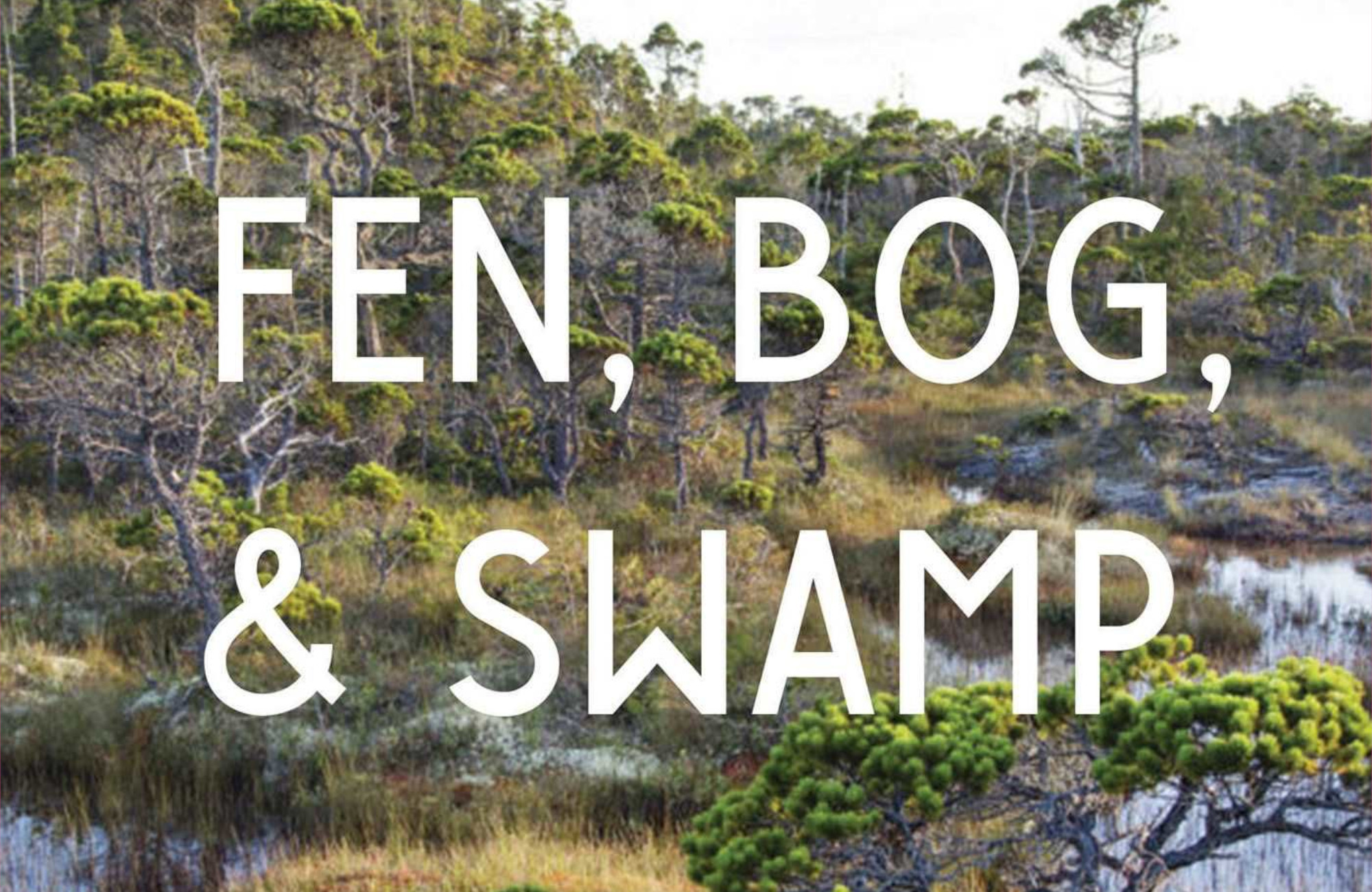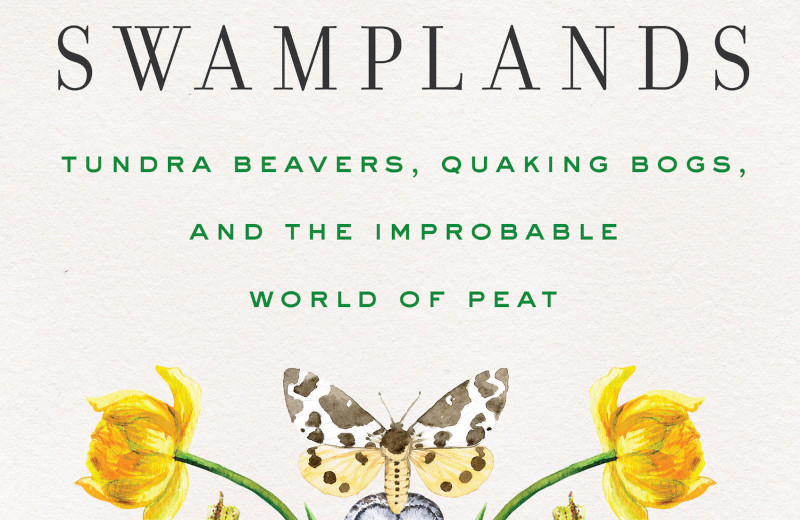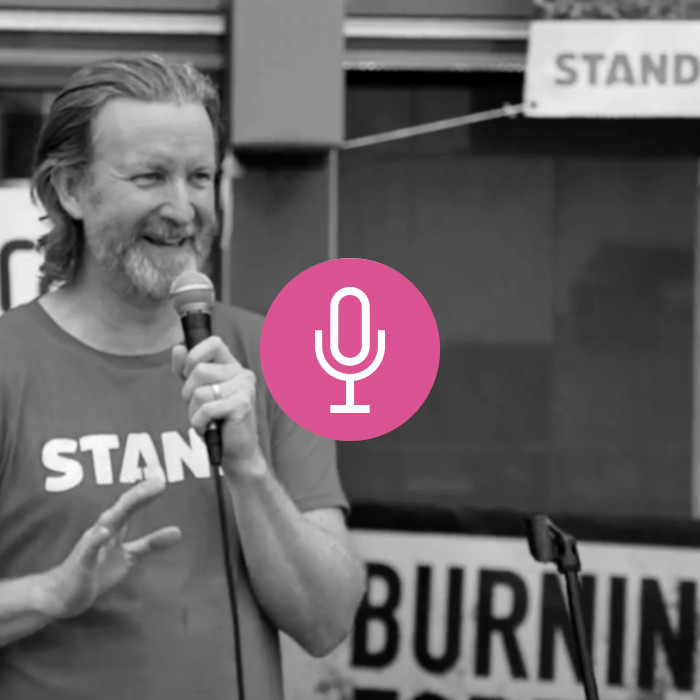There were years of protest before the government succeeded in draining Whittlesea Mere, in the East of England, to make space for industrial farming. Locals published pamphlets on how parliament was “misinformed” about the ecological value of the peatlands, formed activist groups such as the ‘Fen Tigers’, and rioted at such scale that the army had to be called in to disperse them.
Despite these efforts, the loss of the wetlands was slowly accepted as an inevitability. Interviews record fenlanders praising the monocultures that replaced their homes “in the same breath” that they “expressed deeply felt sorrow”. American novelist Annie Proulx thinks that these interviews show how easily we can suppress “a burning sense of irrevocable loss” with “a fatalistic acceptance of ‘progress’ and ‘improvement’.”
The drainage of Whittlesea Mere was complete by 1851 after more than two centuries of argument, but the dialectic remains. Proulx also points to scientists and animal-traders praising the ancient secrets being revealed by the now melting permafrost of Yakutia, even as locals are displaced and greenhouse gases belch into the atmosphere. “We try and extract crumbs of hope from each catastrophic manifestation of change”.
Activists and academics today learn a positivity mantra: climate anxiety fuels inaction, and doomism spurs mental health crises, while optimistic messages get funding and win engagement. It is better to discuss solutions to climate change than despair at the damage. For strategists overseeing the battlefield from a distance, it is always a time to dance, never to mourn or count our losses.
But sidelining the record of environmental breakdown comes at its own cost. Technocratic chatter comparing current CO2 concentrations to “pre-industrial levels” often eclipses the fact that the climate crisis is not just a result of burning fuel. Natural ecosystems started to be “gradually but deliberately engineered out of existence” centuries earlier than the Industrial Revolution. The history of peatland drainage is a history of human ineptitude, a spiralling descent of increasingly self-defeating agricultural practice.
The local opposition to draining Whittlesea Mere was vindicated long before we realised the error of releasing gases from one of Europe’s largest carbon sinks. Within months of the drainage finishing, a 6-mile-wide fire and a devastating flood had both occurred. Buildings collapsed as the peat shrank; the area is now the lowest place in Britain, nearly 10 feet below sea level. Such problems continued to disrupt agricultural production, and in the following decades environmentalists lamented the extinction of various insect species and the loss of biodiversity.
Just as academics today warn of ‘mitigation deterrence’ (the idea that relying on risky solutions to climate change prevents us from implementing truly impactful policies), optimistic planning does not always produce positive results.
Who better to remind us of all this than an 87-year-old Pulitzer-prize winning novelist? Fen, Bog & Swamp is clear about the ecological importance of peatlands as carbon sinks, but ultimately the book covers no more than what it says on the cover: “a short history of destruction”. And despite moments of hope (such as praising restoration scientists like Roxane Andersen and even positing Brexit as a positive opportunity to free wetlands from the grips of farming), Proulx suggests that this history is far from finished.
Despite occupying only 3% of the globe’s land mass, peatlands store nearly half of the world’s soil carbon. At over 660 gigatonnes, this is more than twice as much carbon as all of the world’s forests. Learn more:
- Podcast: Roxane Andersen explains why peatlands are the “superheroes” of carbon storage
- Podcast: Edward Struzik on the urgent need to restore our peatlands
- Book review: Swamplands: Edward Struzik’s bog book is a call for cultural change
- Analysis: Peat bogs: restoring them could slow climate change – and revive a forgotten world
Proulx is not so much anti-optimism as anti-saviourism. Arrogant ambition will not fix our problems. “Humans are exceedingly good at construction and destruction but pitifully inadequate at restoring the natural world. It’s just not our thing.” Though the topic never returns explicitly, we are told early on that “to be feared is AI, geo-engineering and an app-happy, gig-rigged future controlled by Big Tech.”
While this narrative hovers over Fen, Bog & Swamp, the book is neither a warning nor a call-to-action: the foregrounded message is ‘gone, but not forgotten’. Like all good eulogies, love and respect for the subject mediates misery and anger, and a careful selection of stories and events provides a moving retrospective.
Proulx is known for her distinctly American environmental novels like That Old Ace in the Hole and Barkskins, and her fenland fascinations began as a child, wandering the wetlands of interwar Connecticut. The ingredients are all there for an intensely-written reckoning with the environmental cost of American nation-building, but the book’s structure, four essays themed around loose definitions of peatland categories, never quite allows it.
In short sections scattered across chapters, we do receive a whirlwind tour through the interconnected histories of American ecocide and genocide, beginning in 1541 with Francisco de Orellana’s journey down the Amazon. Spanish invaders “sick with the lust for gold” were “willing to commit any atrocity”, but were unable to find food in “the world’s most diverse ecosystem”, starving as they ate their own boots.
The Great Dismal Swamp was drained by slaves for decades either side of the War of Independence, under the direction of George Washington. The 500,000 acre Kankakee marsh, taken from the Potawatomi in 1850, is still “mourned” in Indiana, “a century after it was obliterated”. By the 1980s, the human population of lowland Amazonia had decreased from five million to a few hundred thousand, and wetlands across the Americas “were wiped out roughly by half.”
The narrative never reaches the emotional heights it should, both because it is told in asides and because it relies too strongly on the stories of the colonisers, not the colonised. Instead, the stand-out chapter covers the history of the English fens, beginning with the life of Mesolithic people in the lost region of Doggerland, now submerged under the North Sea. A “sizable 180,000 square kilometres of rolling hills” gradually became fens and rivers as the northern glacial melt began, a “climate change with a vengeance” that eventually subsumed the land entirely, displacing its human population.
English wetland life did not drown with the Doggerlanders’ carved tools and antler harpoons. Similar artefacts have been discovered in Yorkshire, and wooden roads uncovered in several fens predate the Roman invasion by millennia. By the time you have read through to the 17th Century, the weight of history makes the mass-drainage projects that began with the Stuarts powerfully emotive.
Proulx links the ancient history of British wetlands to the country’s colonial futures by speculating that in “metamorphosing proto-England from the doorstep of a vast continent to a small island, some landscape memory of hugeness underlay the country’s later drive for empire.” But it is not this tenuous psychohistorical analysis that makes the Doggerland material stronger than other sections, rather its richness of detail.
I suspect this is more a product of Proulx’s process than conceptual aims. In her acknowledgements she states that she wrote the essays during Covid-19 lockdowns, and that “travel limitations prevented me from interviewing scholars and authorities…I mostly relied on my personal library, sought out books and articles to satisfy my interest.”
This is what makes Fen, Bog & Swamp markedly different from otherwise similar books, such as Ed Struzik’s Swamplands, which also tells human histories of peatland drainage, connecting threads between colonial land use change and the climate crisis. Freed from the interruptions of quoted interviews, Proulx can fully indulge in literary prose. In another eulogistic touch, being toured through Proulx’s “personal library” makes the work feel unusually intimate, despite how rarely she mentions herself.
On the negative side, this reliance on limited reading feels restrictive. Cultural nature writing is already well-stocked with writers who praise Indigenous wisdom and expertise without platforming Indigenous voices or histories, and occasional references to Indonesian deforestation, or Japanese literature, reveal a willingness to reach beyond her overwhelmingly anglophone bibliography. It is hard not to wonder what Proulx could have created with more material to draw from.
Yet you cannot have everything. The Covid context may be key to the book’s power. Her critique of “cool and dispassionate scientific approaches to classification” for their ability to “mask painful emotions and grief when confronting loss” could be as easily applied to the surge of new pandemic jargon in 2020 as it can be to wetland categories. There are better books to read about the climatic benefits of bogs, and more detailed books on swampy colonial histories. What marks this work out is its belief in the importance of recognising loss, and in peatlands as a bearer of this message. “In the end, all humans will be ‘haunted by waters’.”
Fen, Bog and Swamp is available to buy from 4th Estate in the UK, and Scribner in the US.
Bertie Harrison-Broninski is an Assistant Edior at Land and Climate Review, and a researcher at Culmer Raphael. Follow him on Twitter @bertrandhb.
Read more:
- Bioeconomy, Culture





